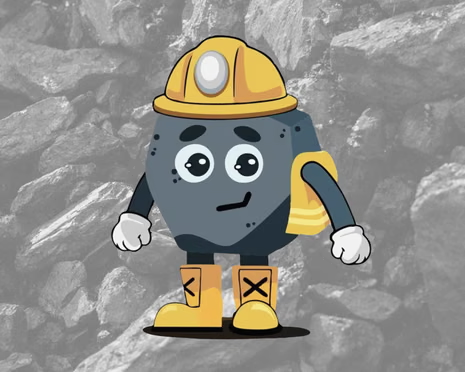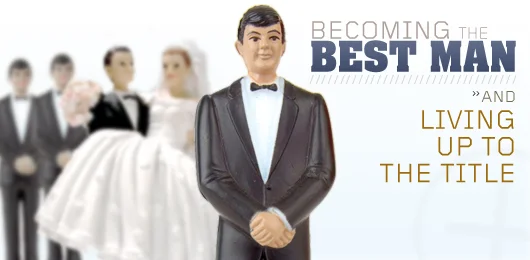I was recently discussing living wills with a friend when decisions related to long-term care arose. Specifically, we were discussing our wishes in the event that we are someday hooked up to a ventilator or receiving nourishment through a feeding tube, unable to take care of ourselves anymore.
If this were to even happen, I told my friend that I would want every ounce of effort put into dragging out the process of death for as long as possible.
The reason is simple:
While I don’t believe there is a Hell, I’m hedging my bets If there is an otherworldly plane designed for sinners, I assume that I’d be going (always assume the the worst), and therefore a meaningless, pained existence of feeding tubes and bed sores is still better than eternal damnation.
So there’s no rush. Let those machines keep me alive as long as possible.
Not to mention the possibility of the singularity. I’d hate to think I was unplugged just days before it was achieved.
Another friend introduced the word dignity to the discussion, asking me why I wouldn’t want to die with dignity in the event something like this happened. I find it amusing how easily we define a complex and highly personal concept like dignity for people when it serves society’s interest.
Don’t I have the right to decide what is dignified for myself?
Am I not the determiner of my own dignity?
In place of death panels, should we instead install dignity panels, where people decide when the care a person is receiving is no longer dignified?
In a world where keeping a lunatic like me alive on a ventilator could cost millions of dollars over the course of my remaining lifetime, dignity is code for “Don’t you want to stop wasting our money and just say goodbye already?”
I understand the desire to to save some cash rather than keeping a guy alive who spends his days diapers, drooling on himself and staring into space, but don’t presume to place your definition of dignity on me.
Just be honest.
“We can’t afford to keep you alive, Matt. You’re a vegetable and you smell. Take a hike.”
I might not like it, but at least it’s direct.
And considering the aging population, these are decisions that many of us may need to make for friends and relatives in the future. Did you know that of all the people in human history who ever reached the age of 65, half are alive now.
There’s lots more on the aging population of the world in this article. Like how 65 became the retirement age:
“The idea of a retirement age was invented by Otto von Bismarck in the 1880s, when as chancellor of Germany he needed a starting age for paying war pensions. He chose the age of 65 because that was typically when ex-soldiers died.”
Our retirement age was determined by a miserly German chancellor who didn’t want to pay his retired soldiers.
Unbelievable.





